A cartel leader and hitman infamous for decapitating enemies and videotaping torture sessions has gone missing from a Florida prison where he was serving a 49-year sentence. As of November, Edgar Valdez-Villareal, a Mexican-American cartel leader, had been removed from the Federal Bureau of Prisons website.
Even though his release date is not until July 27, 2056, he is currently labeled as "not in BOP custody." Valdez-Villareal, 49, who goes by the moniker "La Barbie" in the underworld, led the Beltran Leyva cartel's Los Negros enforcement unit, one of Mexico's most dangerous and ruthless criminal organizations, with allegations of dozens of murders.
Ruthless Boss
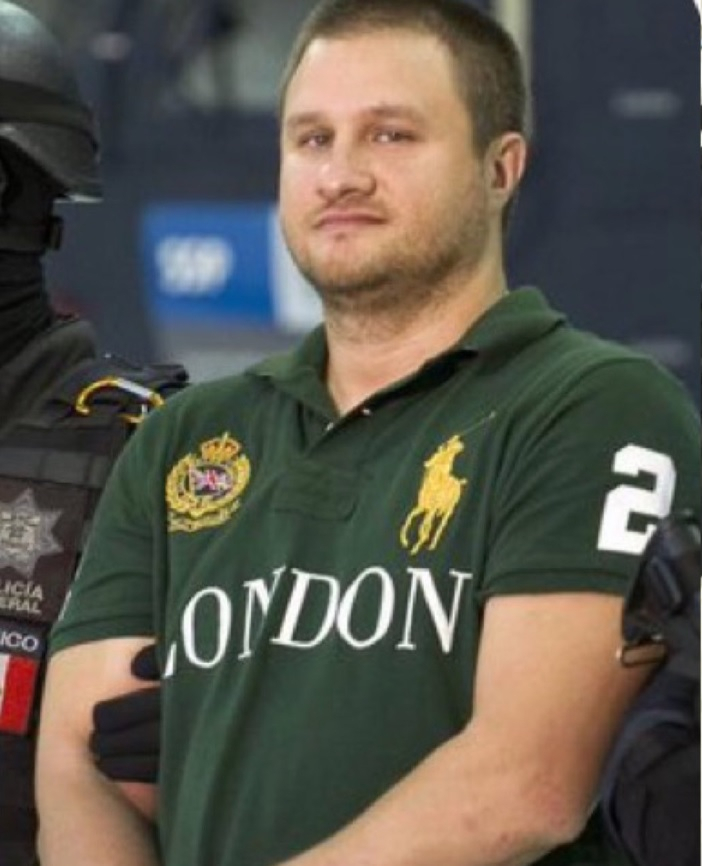
It is not known what exactly happened to Valdez-Villareal but he is believed to have escaped from the prison some time back. Valdez-Villareal had held a position of authority inside the Sinaloa Cartel, which was led by the drug trafficker Joaquin "El Chapo" Guzman-Loera.
According to a New York Post report, Valdez-Villareal was given his moniker by a high school football coach because of the way his light skin and blue eyes made him resemble a Ken doll.
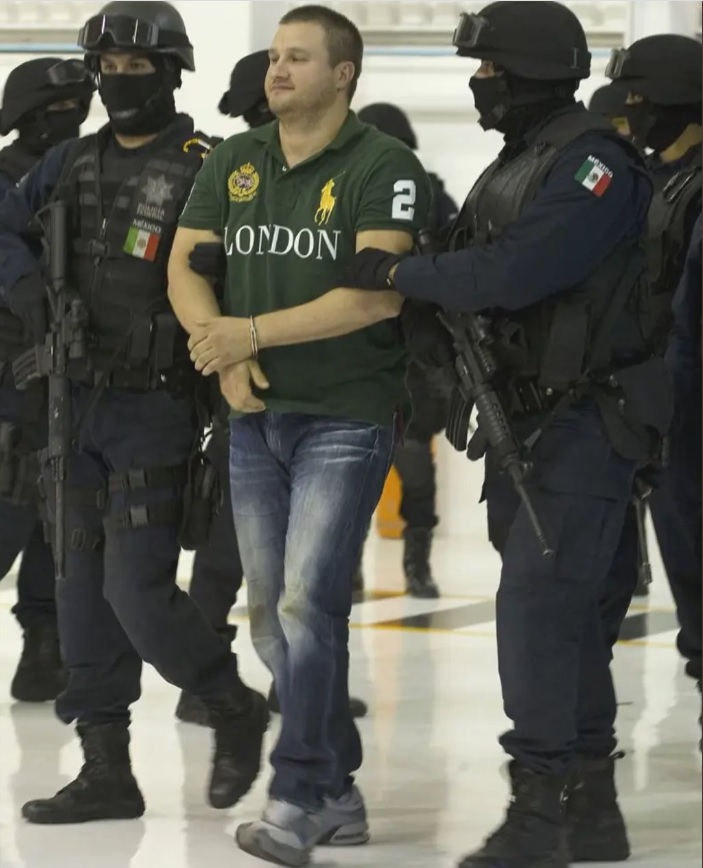
Valdez-Villareal was born and raised in Laredo, Texas. "We called him Ken Doll, mostly because his hair was blond and kinky like the doll's," a friend from United High School told Rolling Stone in 2011. "The coach upped the ante to Barbie, and it took off like wildfire."
Valdez-Villareal, who loved wearing fine clothing and costly watches, eluded law enforcement for years despite millions of dollars worth of bounties. Arturo Beltran-Leyva, the cartel's head, died in December 2009, sparking a bloody conflict between La Barbie and the Beltran-Leyva cartel.
According to Mexican news reports, as a commander of Los Negros, he engaged in torture, which he frequently videotaped, and hired police officials and members of other cartels as informants.
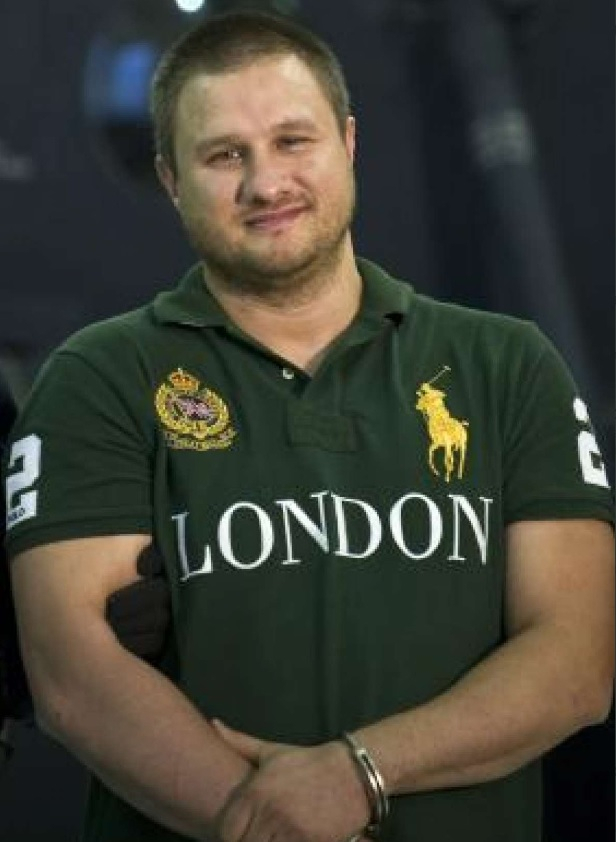
In August 2010, four decapitated bodies were discovered hanging from a bridge in Cuernavaca after a particularly brutal round of a turf battle between cartels, along with a warning that anyone aiding La Barbie would meet a similar demise.
He was finally arrested in 2010 after a gunfight with Mexican officials in a rural residence northwest of Mexico City. He was the only American to have ascended to such a high position inside the Mexican cartels at the time of his arrest.
Disappeared in Thin Air
After being accused of marijuana trafficking in the US in the 1990s, La Barbie reportedly relocated to Mexico. He soon rose to prominence as one of Mexico's most ruthless underworld kingpins during the bloody drug trafficking wars that claimed hundreds of lives.
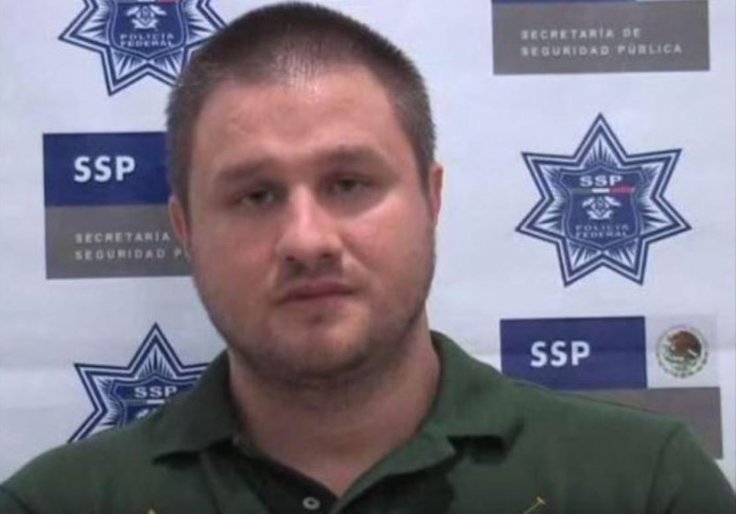
When Valdez-Villareal was a member of the Sinaloa Cartel, El Chapo requested his assistance in bribing Mexican jail guards to deliver long johns to the cartel leader's son. When two men accepted the bribe but demanded $500,000 instead of the initial $100,000 payment, La Barbie exposed them, which resulted in their horrifying deaths.
According to reports, Valdez-Villareal managed the drug routes into Acapulco for years, smuggling two tons of cocaine into the US each month. He was also largely to blame for the outbreak of unrest in the region.
US investigators claim that in addition to his own Los Negros death squad, he enlisted other gang members, including the MS-13, and to eliminate his competitors. Indicted in the US in 2010, Valdez-Villareal was extradited five years later and convicted of narcotics trafficking and money laundering there.
The reason he is no longer in BOP custody was questioned at the highest echelons of the Mexican government last week. "It's very strange what is going on in the United States with Mr. Villareal, who is no longer registered among those in custody and we want to know where he is," said President Andrés Manuel López Obrador in a press conference. "There is no reason for him to leave prison because he was condemned to many years, unless there was some kind of an agreement."
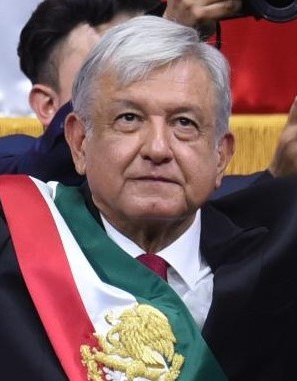
According to some experts on the Mexican cartels, Valdez-Villareal might have struck a deal with the federal government.
"He could be providing information on high-ranking cartel members, but even if this were the case I can't see him being released from custody," Robert Almonte, a security consultant and former deputy chief of the Texas Police Department in El Paso, told the New York Post. "He's very dangerous. He's killed people and he's extremely violent and still has these connections to the cartels."
A Bureau of Prisons spokeswoman told the outlet that there could be a variety of explanations for why Valdez-Villareal was no longer being held in federal custody. When an inmate is undertaking judicial proceedings, medical procedures, or unidentified "other reasons," they may be temporarily removed from the facility.









